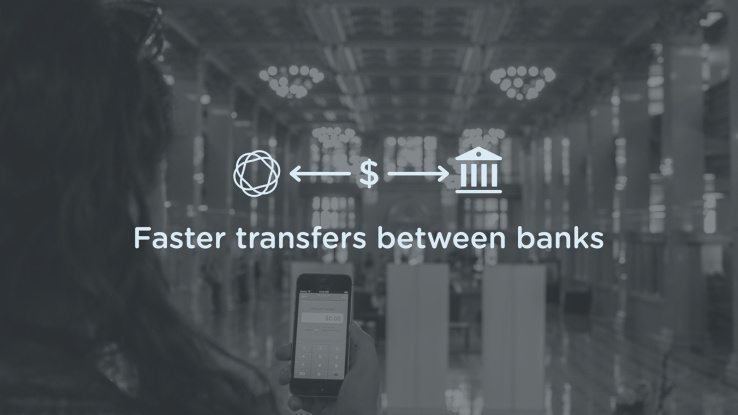
After writing about whether we are creating faster horses when we think of applying open sourced technologies to banking, some more thoughts occurred to me:
- Are we applying Blockchain to clearing and settlement, rather than reimagining the whole trade cycle from liquidity structures to collateral management using open source platform structures?
- Are we using data analytics to get more customer share of wallet rather than reimagining our customer relationships using digital intelligence?
- Are we using API capabilities to breakdown our existing financial processes into plug-and-play components, rather than reimagining our components on the basis that we can now build new ones?
In each case, my concerns are all about applying new technologies to existing bank structures, arther than changing the thinking to create new structures. In each case, I wonder whether we are just developing faster banking rather than reimagined banking, in the same way that Victorians imagined faster horses rather than reimagined transport.
I have some ideas of reimagined banking, which I'll come back to another day, but let me typify how flawed our thinking might be by using cars as the example.
Henry Ford reimagined transport by building the first mass production line for cars. You could have the car in any colour as long as it's black, and he thanked the lord he didn't ask the customer what they wanted as he'd get the answer faster horses.
Today, Ford, Chrysler, General Motors, BMW, Mercedes, Toyota, Honda and more are trying to reimagine cars ...
... and failing.
Car companies are thinking next generation cars and starting with the assumption they will be cars. They like what they build today, and are constrained by their lack of imagination as a result.
“I like to drive cars,” says Mark Reuss, product development chief at General Motors, “so this is a little funny.” Not funny-ha-ha, Reuss clarifies, but funny-odd. He’s sitting in the driver’s seat, with his hands on his thighs and his feet on the floor of a big Cadillac that’s driving itself around a banked oval.
When Google and Apple start building cars, their start point is that they are not building cars. They are building internet-enabled digital transport systems. A digital transport system is a whole system, not just a car. The transport vehicle itself will be an Internet-enabled people mover. Does it need to have four wheels? What will its power source be? How will it move? What is its purpose?
[Google] has a profit margin of about 22 percent and a $495 billion market capitalization—more than triple the size of GM, Ford, and Fiat Chrysler combined.
In other words, the digital giants will start with assuming they are building an Internet-based intelligent transport system rather than the next generation car. They are free of incumbent thinking and can build from scratch, a little like Elon Musk's Tesla has done.
Model 3 orders at 180,000 in 24 hours. Selling price w avg option mix prob $42k, so ~$7.5B in a day. Future of electric cars looking bright!
— Elon Musk (@elonmusk) April 1, 2016
The result will likely be tag an Apple could build its next category killer. Just as Steve Jobs had the vision to see the iPhone as a minicomputer for the mobile internet - Nokia thought it was a mobile phone - I'm hoping that Tim Allen and his team are looking at the Apple iCar as a transport system for the mobile internet.
Last week it was revealed that Apple has hired former Tesla vice president of vehicle engineering and Aston Martin chief engineer, Chris Porritt. It is believed he will be working on Titan, Apple's car project.
Whatever that is, it won't be a car. Just as Henry Ford ignored the customers’ demand for a faster horse to build cars; Apple et al will ignore customers’ demands for sexier cars and build personal transport networks. Which brings me back to banking.
What are we building in banking: faster banking? Or a value transfer network reimagined for the Internet age?
To be continued ...
Chris M Skinner
Chris Skinner is best known as an independent commentator on the financial markets through his blog, TheFinanser.com, as author of the bestselling book Digital Bank, and Chair of the European networking forum the Financial Services Club. He has been voted one of the most influential people in banking by The Financial Brand (as well as one of the best blogs), a FinTech Titan (Next Bank), one of the Fintech Leaders you need to follow (City AM, Deluxe and Jax Finance), as well as one of the Top 40 most influential people in financial technology by the Wall Street Journal's Financial News. To learn more click here...






















